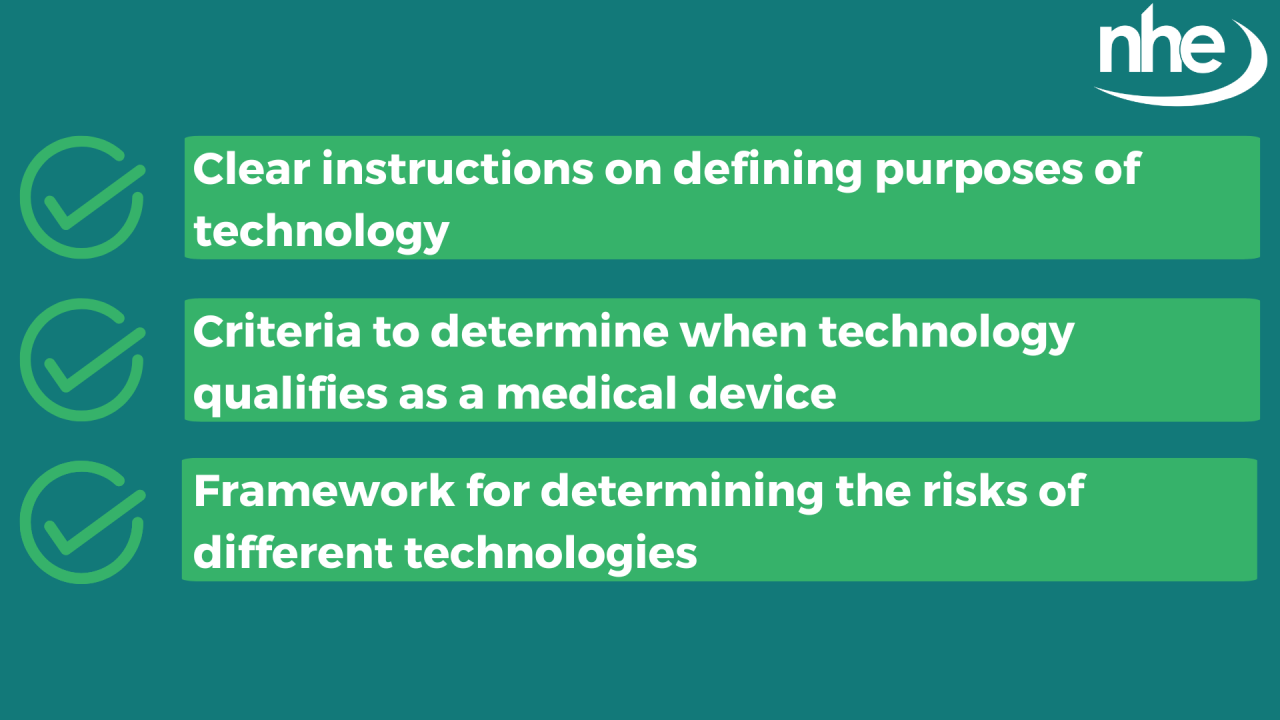The Medicines and Healthcare products Regulatory Agency (MHRA) has today unveiled comprehensive new guidance designed to help manufacturers adhere to UK medical device regulations, ensuring the effectiveness, reliability, and safety of digital mental health technologies.
The surge in the use of digital mental health tools, including mental health apps, AI-powered assessments, and virtual reality therapy, is transforming the way individuals and the NHS approach mental health care. As these technologies become integral to mental health support, meeting medical device standards is critical to guarantee their efficacy and safety.
Deputy Director of Innovative Devices at the MHRA, Rob Reid, said:
“Effective and acceptably safe digital tools have huge potential to improve mental health support, making help more accessible than ever. This new guidance aims to support safe access to these important tools by clarifying when a product needs regulatory approval and the steps developers must take.
“Maintaining clear and proportionate regulatory standards will ensure that the public can trust these technologies and benefit from the safe, effective mental health support they can provide.”

Key Points of the New MHRA Guidance:
- Purpose Definition: Clear instructions on how to define and communicate the intended purpose of a digital mental health technology.
- Medical Device Classification: Criteria to determine when a digital mental health technology qualifies as a medical device under UK law.
- Risk Classification: Framework for determining the risk classification of different technologies, ensuring proportionate regulation.
For users of mental health apps, this new guidance translates to increased confidence in the reliability of the tools they depend on for mental health support.
This guidance results from a three-year, Wellcome-funded project initiated in 2023 to explore the regulation of digital mental health products. Developed by the MHRA with contributions from the National Institute for Health and Care Excellence (NICE), NHS experts, researchers, healthcare professionals, and individuals with lived experience, the guidance is tailored to meet both clinical and real-world needs.
Image credit: iStock



















